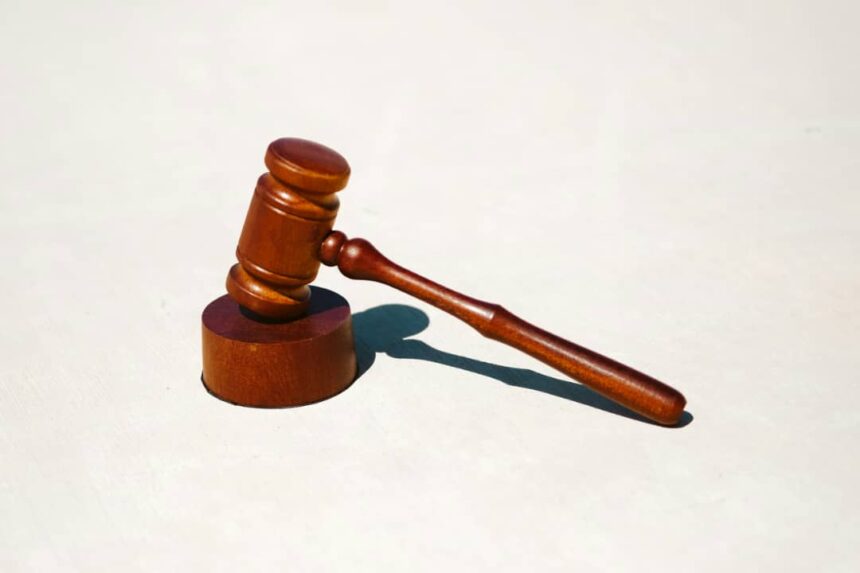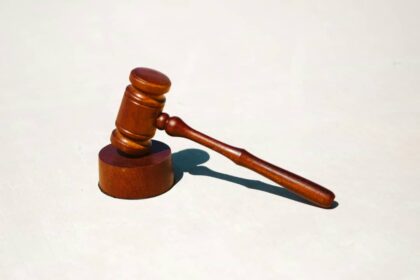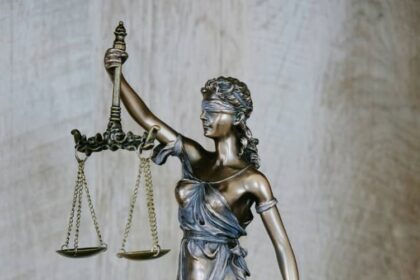This article deals with the constitutional guarantee of fair hearing under Section 36(1) of the 1999 Constitution of Nigeria and references interpretations of similar provisions under the 1979 Constitution. Below is an analysis:
Key Elements of the Analysis
Constitutional Provision on Fair Hearing:
Section 36(1) guarantees that in the determination of civil rights and obligations, every individual is entitled to a fair hearing within a reasonable time by an independent and impartial tribunal.
This enshrines the principle of natural justice, particularly the “audi alteram partem” rule, which ensures no one is condemned unheard.
Judicial Interpretation:
The Supreme Court, in Ogundoyin v. Adeyemi (2001) 7 NSCQR (Vol 7) elaborates on the principle of fair hearing as a fundamental right. Onu, ISC highlighted key aspects, such as:
Equal opportunity for all parties to present their cases.
The necessity for notice regarding the date and venue of hearings.
The importance of impartiality and the absence of bias in adjudication.
Fundamentality and Universality of Fair Hearing:
The right to fair hearing is likened to jurisdiction in its indispensability. Without fair hearing, proceedings may be vitiated as unconstitutional.
The principle ensures not only procedural fairness but also the substantive justice of cases heard.
Natural Justice as a Cornerstone:
The principle of “audi alteram partem” underscores that every individual involved in a dispute must have an opportunity to state their case without hindrance. This includes adequate notice and an unbiased tribunal.
Fair hearing serves as a safeguard against arbitrary or partial decision-making.
Additional Case Law:
Justice Akintan, in Ogli Oko Memorial Farms Ltd v. Nigerian Agricultural Bank Ltd (2008) 34 NSCQR (Pt II) 1057 reiterates the imperative of impartiality and equal opportunity. This emphasizes that no party should feel disadvantaged or prejudiced in the adjudicatory process.
Practical Implications
Procedural fairness underpins the legitimacy of judicial and quasi-judicial proceedings.
Courts must avoid actions or omissions that suggest partiality, bias, or undue influence.
Any breach of the right to fair hearing may render proceedings invalid, subject to appeal or review.
Conclusion
The passage underscores the fundamental nature of fair hearing as a constitutional and natural justice principle. Judicial interpretations emphasize its procedural and substantive dimensions, protecting individuals against bias and ensuring justice is not only done but seen to be done.
Fair Hearing or Legal Illusion? Unpacking Nigeria’s Constitutional Guarantee in Practice

Leave a Comment









